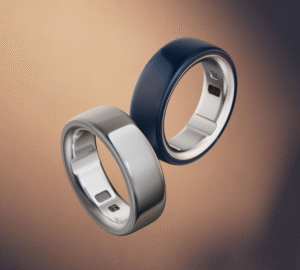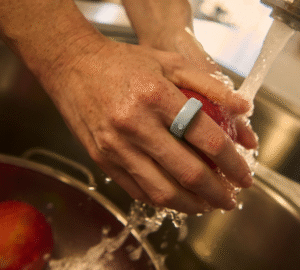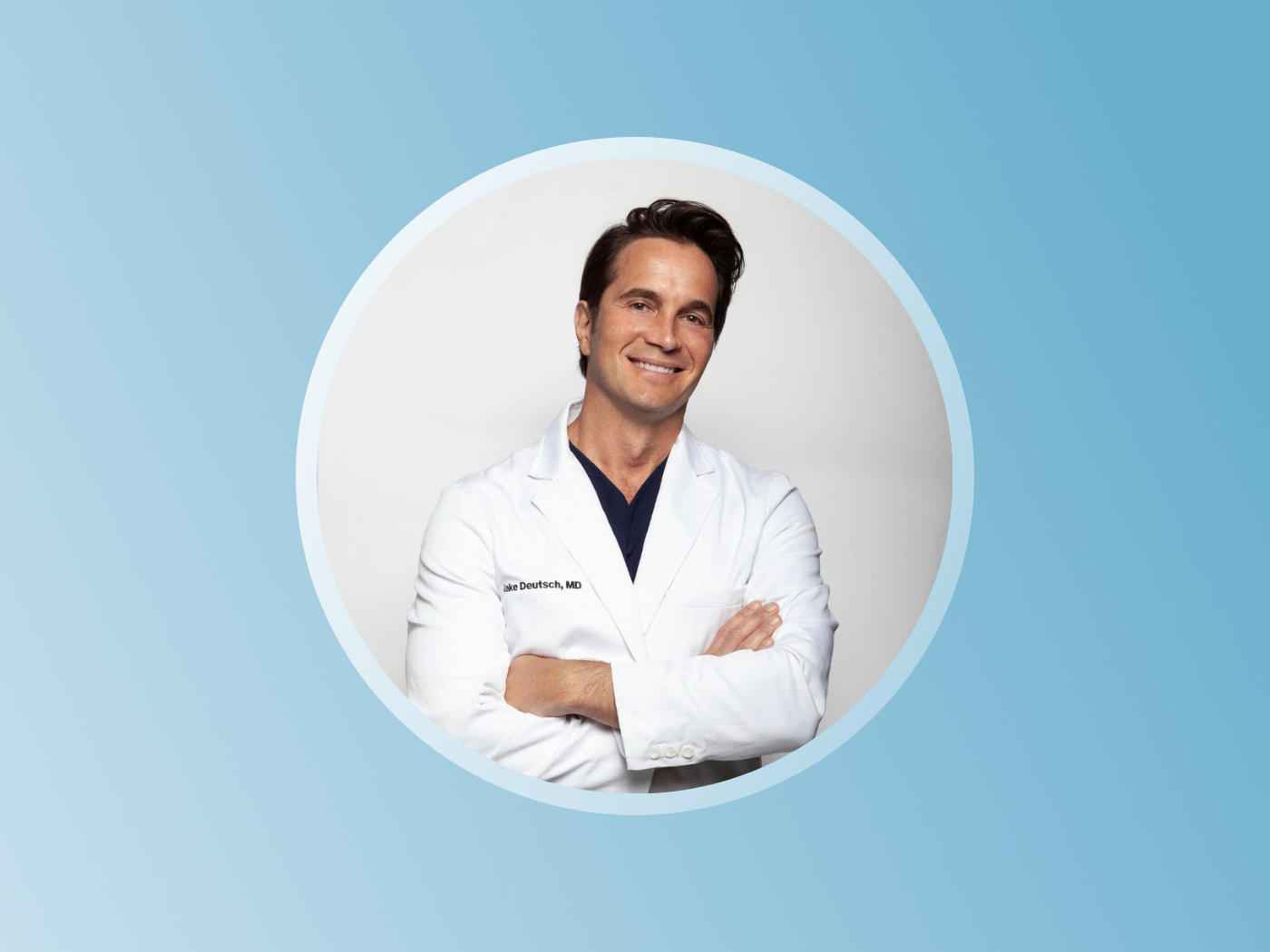Dr. Jake Deutsch, MD, is a board-certified emergency medicine physician. He graduated from the University of Massachusetts Medical School, followed by specialty training as the chief resident at Beth Israel Medical Center.
After a two-decade career in emergency medicine, Deutsch moved into a different area of healthcare: preventative care. Pursuing his long-standing interest in health optimization, Deutsch opened Oakwood Precision Concierge Medicine, a prevention-focused, longevity practice in New York City.
We are excited to announce that Dr. Deutsch is joining Oura’s medical advisory board. We spoke with him to learn more about his background and his passion for helping people age well.
What brought you to Oura?
Partnering with Oura made perfect sense: it’s aligned with my core values; it has the quality factor; and it provides easy-to-digest scientific information. It’s unbeatable.
I have been using Oura for around two and a half years now – it’s a key part of my life. I check my scores every day, and I find it very informative. I’ve always taken sleep for granted. I have never had problems falling asleep or waking up in the middle of the night, both of which are common issues that I see with my patients.
However, being able to quantify my sleep with Oura has deepened my understanding of the factors that go into a good night’s sleep. For instance, I’ve learned alcohol has a big impact on my Sleep Score.
Oura, to me, is a preventative tool. In the same way that you may not know your cholesterol levels are high until you get them tested, you may not know that you’re sleeping poorly until you use Oura. For this reason, I recommend Oura to all my patients.
How do you use Oura in your preventative medicine practice?
In healthcare, there has never been a focus on sleep. People come to me and say they want to lose weight, or build muscle, but they never say they want to sleep better. I want to impart the idea to every one of my patients that sleep is the third pillar of health, alongside nutrition or exercise.
For my patients using Oura, I look at their data every week and track their overall progress. It gives me a sense of how their body is responding to their lifestyle changes. But beyond this, it’s also something they can use themselves to get a better, broader understanding of their health and the impact of their habits.
For example, I might see in a patient’s Oura data that they’re getting low deep sleep. To improve it, we’ll make adjustments to their routine, like not eating late at night. This is the basis of biohacking: changing your behavior and tracking the subsequent changes in your body.
READ MORE: How To Conduct A Self-Experiment With Oura
What sparked your interest in preventative care after working in emergency medicine?
Preventative care is the opposite of the type of reactive care I was practicing in the ER. In the ER, I was often giving bad news or trying to fix things. But when you’re dealing with prevention, you see people make progress and positive changes in their lives. As a physician, that’s a wonderful thing. I find my work deeply satisfying and exciting. I think it’s the future of medicine.
What are your top tips for people trying to boost their health and longevity?
The number one way: sleep! Important restorative processes happen while you sleep. Your body has the ability to recover and heal during sleep, as long as you get enough sleep and your sleep stages are not disrupted.
Secondly, try to reduce inflammation. You can do this by lowering stress, checking your cortisol levels, reducing your exposure to toxins, improving your diet, exercising more, and of course, sleeping!
Finally, optimize your body composition. It’s ingrained in us to focus on the scale rather than the composition of our body (the fat-to-muscle ratio). You can do this by improving your diet – eating more protein and less processed foods – and exercising more.
READ MORE: The Neuroprotective Benefits of Sleep
What’s the connection between stress and longevity?
Stress can cause inflammation, it can also reduce your sleep quality, and lead to unhealthy habits like sugar cravings. These factors all impact longevity.
Oura’s new Daytime Stress feature is useful if you want to lower stress. You can start to attach what happened in your day with your stress peaks. Then you can do some biohacking and see what habits or tools lower your stress — such as meditation or reducing alcohol.
Interestingly, studies have shown that happiness is linked to longevity. We often underestimate the value of being in a good mood, having good relationships, and managing stress effectively. It’s harder to advise patients on this, as it’s difficult to quantify. But it goes back to the benefit of Oura and having data. When you can see that your stress is constantly elevated, it can help you identify triggers and find the best ways to alleviate them.
LEARN MORE: Reframing Stress: The Difference Between “Bad” and “Good” Stress
Rapid-Fire Round
Must-do morning ritual?
Drink coffee and walk the dogs
Bedtime routine for good sleep?
No phone or electronic devices for an hour before bed, and sleep in a pitch-black, cold room
One habit Oura has helped you with?
It’s helped me develop a better sleep routine. Much like when you have a baby, you need to give them a bedtime routine, so they sleep well – it’s the same for adults!
Tip to overcome a mid-afternoon energy slump?
Work on stabilizing your blood sugar. Spikes and crashes come from eating high-carb or high-sugar foods and not enough protein. Eating protein and fat at each meal can help to prevent this.
Surprising side interest or hobby?
I’m an expert gardener!











